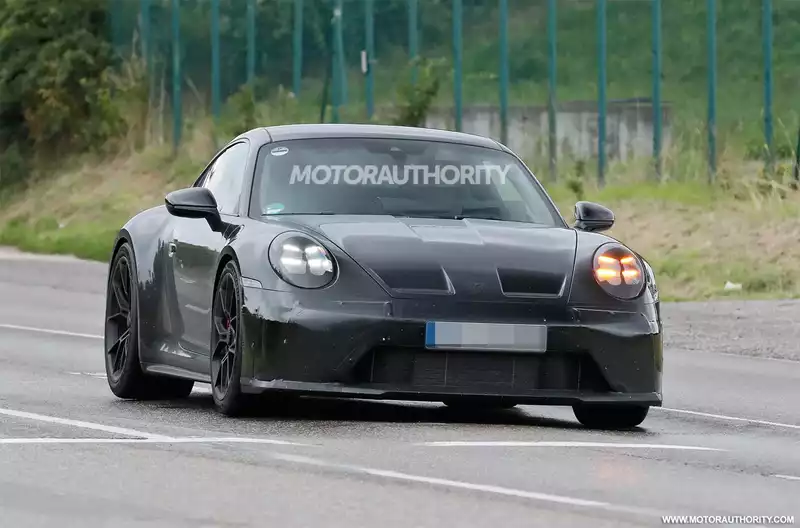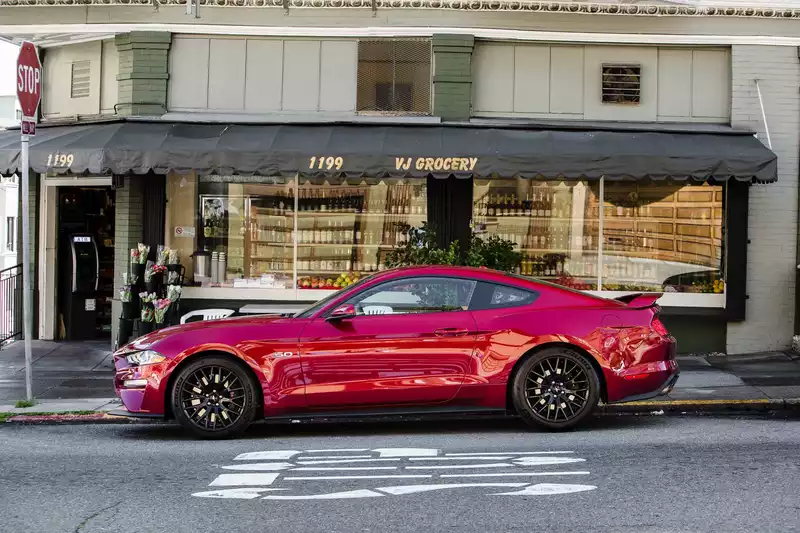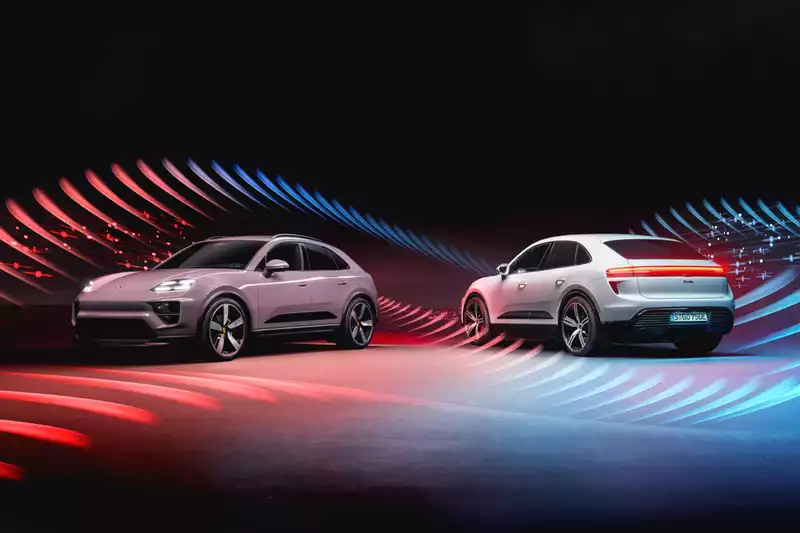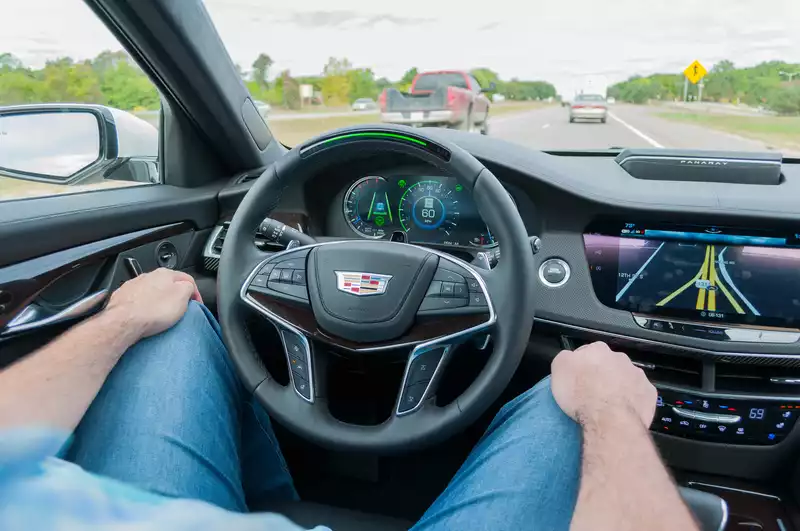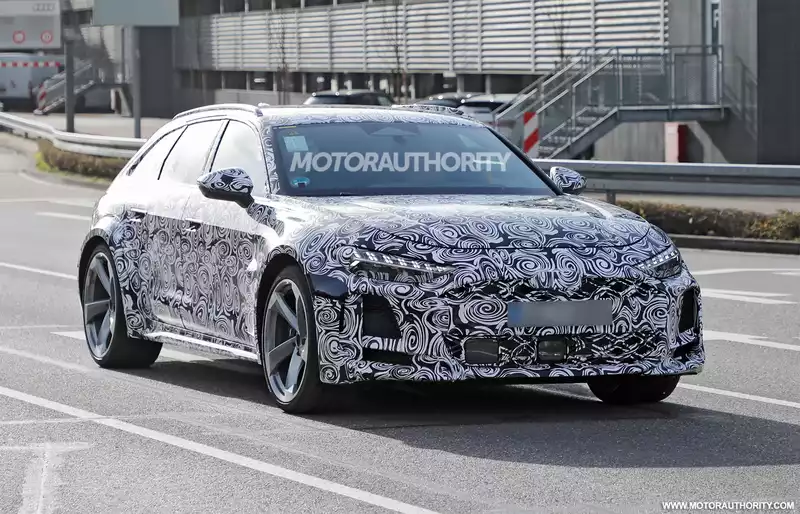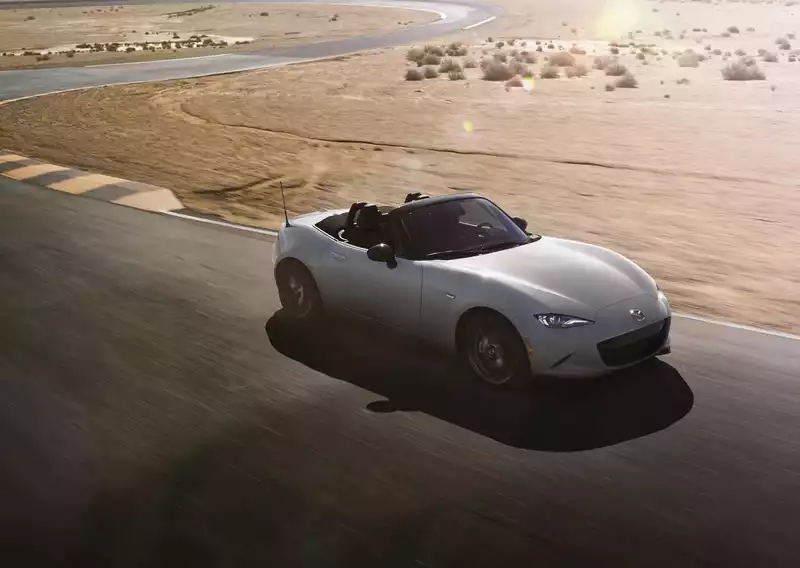Hyundai has unveiled a fuel cell sports car concept developed with Rimac.
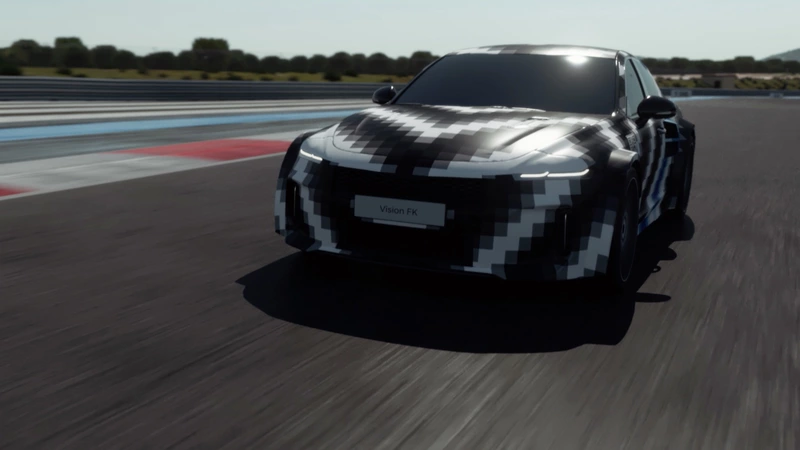
Hyundai on Tuesday unveiled its fuel cell strategy for the next 20 years, revealing that its plans include a sports car under development with Rimac.
Hyundai and Rimac first announced plans to jointly develop a sports car in 2019, and now details of that project have been revealed for the first time. The sports car announcement coincided with the purchase of Rimac's shares by the Hyundai Motor Group.
While the sports car is still in the concept stage, Hyundai has identified several key performance goals. These include an output of over 670 hp, the ability to reach 60 mph in under 4.0 seconds, and a range of over 300 miles.
Called the Vision FK, the sports car is a plug-in hybrid, replacing the conventional internal combustion engine with a hydrogen fuel cell stack. Mercedes-Benz used a similar setup in its GLC F-Cell a few years ago.
In the Vision FK, a battery-electric powertrain developed by Rimac drives the rear wheels. At the front is a Hyundai fuel cell stack that converts stored hydrogen into electricity and either directly powers the electric motor or charges the battery to power the motor.
The latest fuel cell stacks, which Hyundai plans to introduce in 2023, include 134- and 268-hp versions. According to the automaker, the system costs more than 50% less than current technology and the total package volume has been reduced by 30%.
Hyundai has suggested that the Vision FK Concept technology could be used in motorsports. Unfortunately, no mention was made as to whether the concept would result in a sports car for public road use. Albert Biermann, Hyundai's R&D chief, even described the concept as "a bit too technical."
Instead, Hyundai will likely keep the fuel cell for commercial vehicles. In fact, Hyundai hopes to have fuel cells in all of its commercial vehicles by as early as 2028. Hyundai is already testing the Xcient, a semi-trailer truck with a powertrain similar to that of the Vision FK.
In the long run, Hyundai wants to introduce fuel cells in "all kinds of mobility," including drones, emergency and rescue vehicles, and forklifts used in warehouses and ports. The automaker also believes the technology could be used for energy storage in homes and other buildings.
